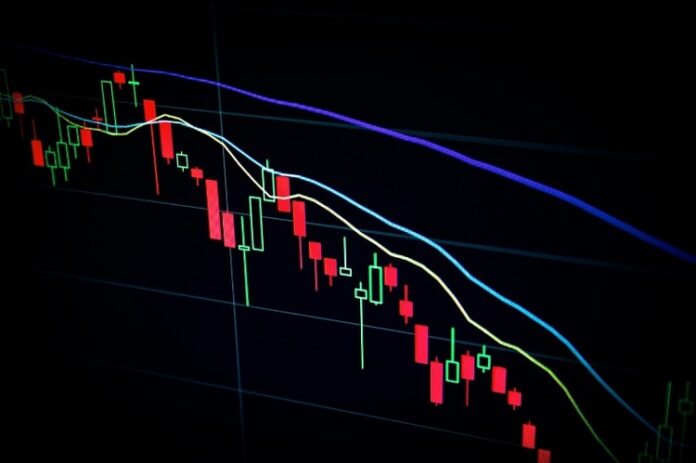Online trading has emerged as a new form of making money and carrying out transactions via the internet. The two popular types of online trading are Forex and CFD. This article will tell you all you need to know about CFDs and how you can fall victim to CFD trading frauds.
What are Forex Scams
The bid-ask spreads were manipulated by computers in an old point-spread forex fraud. The point spread between the bid and ask represents the commission paid by a broker in a back-and-forth transaction. The spreads between currency pairings are usually different. When the point spreads across brokers diverge significantly, the scam occurs.
Due to stronger rules, many scams in the forex industry are less common, yet some issues still exist. When forex brokers offer huge bid-ask spreads on particular currency pairings, making it more difficult to profit from trades, this is considered a shady practise.
Any offshore, unregulated broker should be avoided. Individuals and businesses that sell systems, such as signal sellers or robot traders, may sell untested items that may not produce profitable results. If the forex broker is mixing funds or restricting customer withdrawals, it could be a sign that something isn’t right.
What Are CFDs?
Contract for Difference or CFD is an agreement between a buyer and seller or a client and CFD broker. It states the buyer must pay the seller the difference in the asset’s value from when the agreement was signed to when it ended. Traders profit from the changes in the asset price but do not actually own the asset. Therefore, no physical asset is involved, and trade is based on speculation. Traders and CFD brokers expect the price of assets to rise or fall, based on which the difference in prices is calculated, and they can earn profits.
Types of CFD Fraud
- CFD Trading
- CFD Broker
- CFD Advisor
4 Ways You Can Fall For CFD Trading Fraud
1. Cash Deposits
Online trading does not involve cash deposits anymore, further clarified by relevant authorities that brokers cannot accept cash from traders. Any due fees must be sent through the trading account to maintain a record; otherwise, the broker can claim they never received payment and scam you for money.
2. Commissions On Spreads
Spreads refer to the difference between buying and selling prices of an asset and are measured in pips. This means that the selling price for an asset will be lower than the price you bought the asset, and the difference is equal to the money brokers earn. However, when brokers receive a commission on spreads, you will have to pay a more significant difference. Thus, any earned profits through trade are lost to commissions taken by brokers.
3. Policies For Withdrawals
You have to open a trader account when you sign agreements with brokers, which does not require a lot of personal information. But fraudulent brokers may ask you to give out personal data if you want to withdraw your funds. Although those funds belong to you or have been earned through trade, the broker will make it difficult to withdraw the money by imposing unnecessary policies.
4. Requotes
Requotes are when your broker is unable to or unwilling to make the trade based upon your requested price. The broker may offer a lower price instead, which is not profitable for you, or prevent you from entering trade if they disapprove of your requested price. Therefore, opportunities for exchange that could have been profitable are lost.
One-Stop Solution To CFD Fraud!
Consultancy companies like ChargebackWay can help you verify brokers before you sign agreements with them. You can contact them through a form on their website and expect a response maximum within a week. After in-depth research, they provide details about brokers, but they have highly qualified people to recover your funds if you have been scammed. Get your money back from a scammer today!











